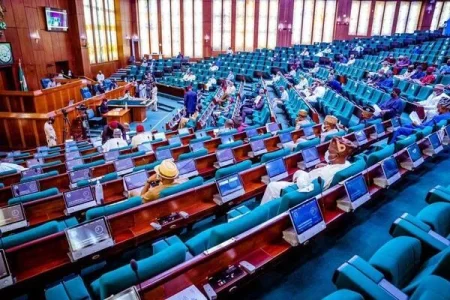
Nigeria's House of Representatives launches probe into claims of substandard petroleum products. Investigation to cover local refineries, including Dangote, amid dispute with NMDPRA. Comprehensive testing and stakeholder involvement are planned. Aims to address fuel quality concerns and restore trust in Nigeria's oil industry.
Nigeria's House of Representatives has launched a comprehensive investigation into allegations of substandard petroleum products in the country's oil sector. The probe, led by the Joint Committee on Petroleum Resources, aims to address concerns about fuel quality and safety in the Nigerian market.
At the heart of the investigation are claims that local refineries, including the Dangote Petroleum Refinery, are producing inferior products compared to imported fuels. The committee plans to conduct thorough laboratory investigations at refineries, marketers' facilities, and regulatory agencies to verify these allegations.
The probe comes amid a dispute between the Nigerian Midstream and Downstream Petroleum Regulatory Authority (NMDPRA) and Dangote refinery. NMDPRA recently accused local refineries of producing substandard products and alleged monopolistic practices by Dangote, claims which the company has denied.
Committee chair Ikenga Ugochinyere emphasized the need for transparency and accountability throughout the process. The investigation will extend beyond product quality, examining issues such as indiscriminate license issuance, pricing interventions, and alleged malpractices in the petroleum supply chain.
To ensure a comprehensive review, the committee plans to visit filling stations, depots, and tank farms to collect samples for independent testing. Stakeholders from across the industry, including regulatory bodies, oil companies, and marketers, will be invited to participate in the probe.
The investigation aims to resolve underlying issues in Nigeria's petroleum sector and restore trust in the industry. As the probe commences, the committee has called for a cessation of public allegations between involved parties pending the investigation's outcome.
This inquiry represents a significant step in addressing longstanding concerns about Nigeria's oil industry and could have far-reaching implications for the country's energy sector and economy.




